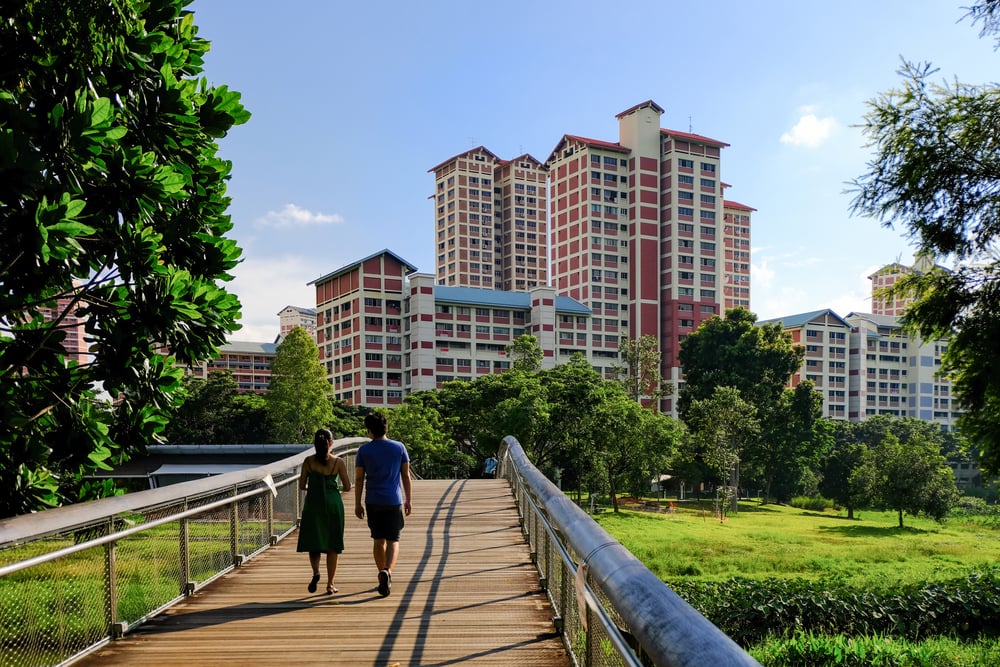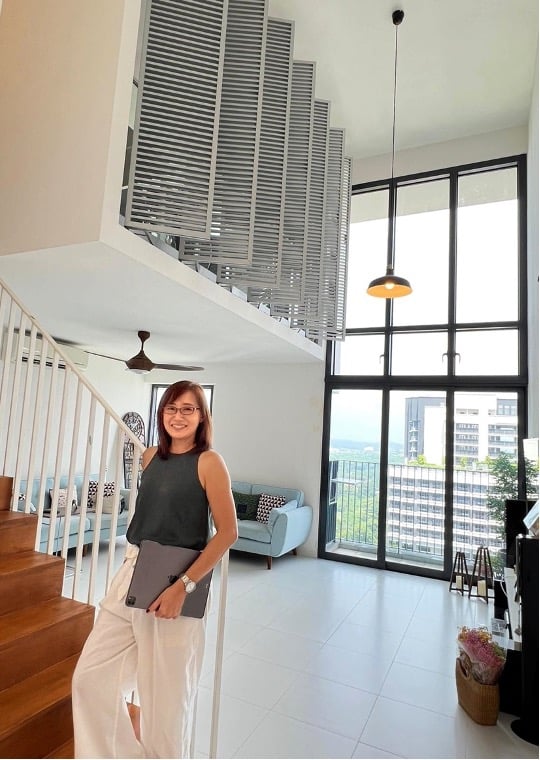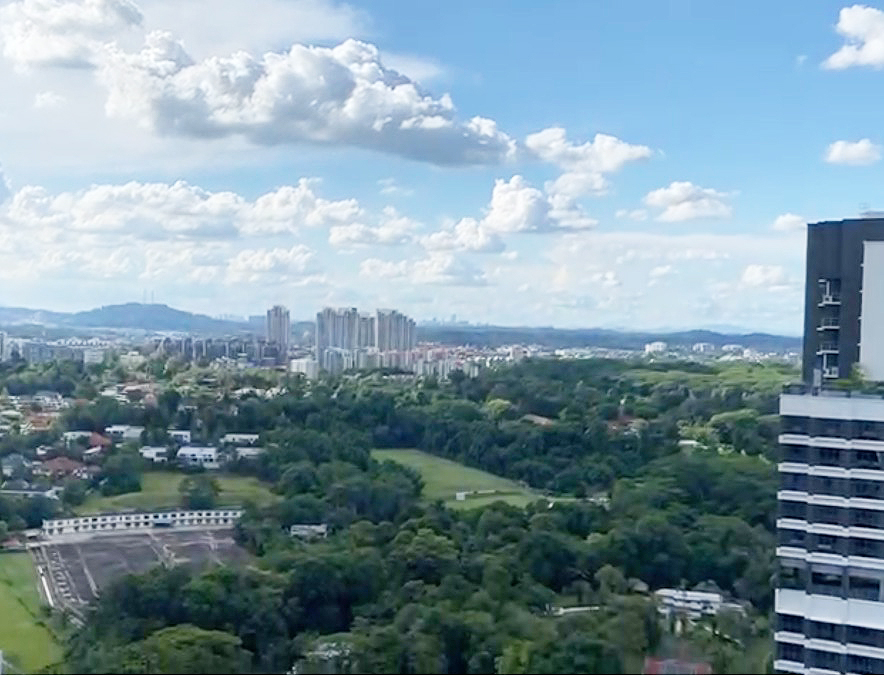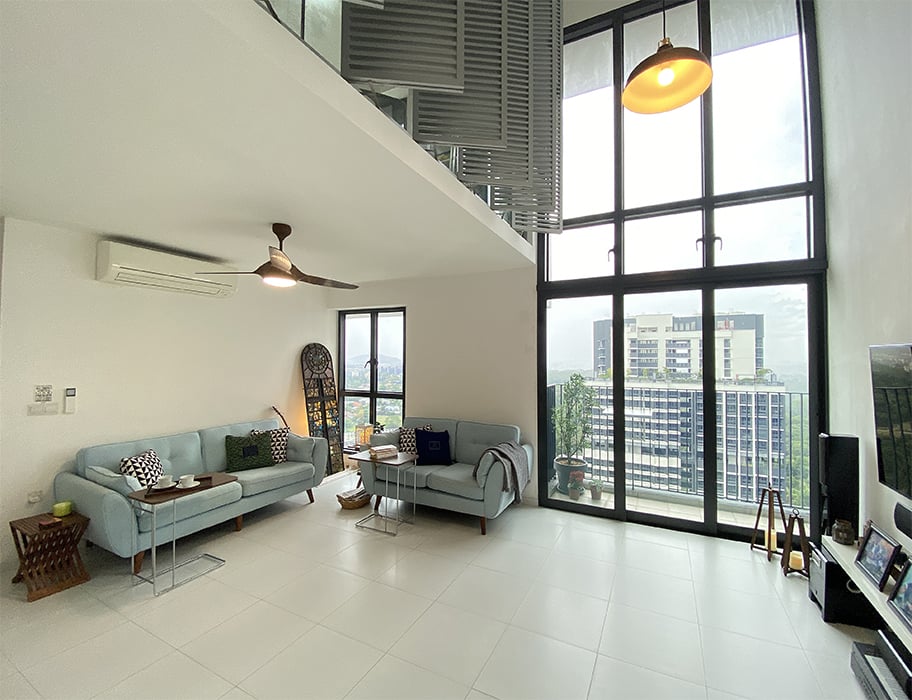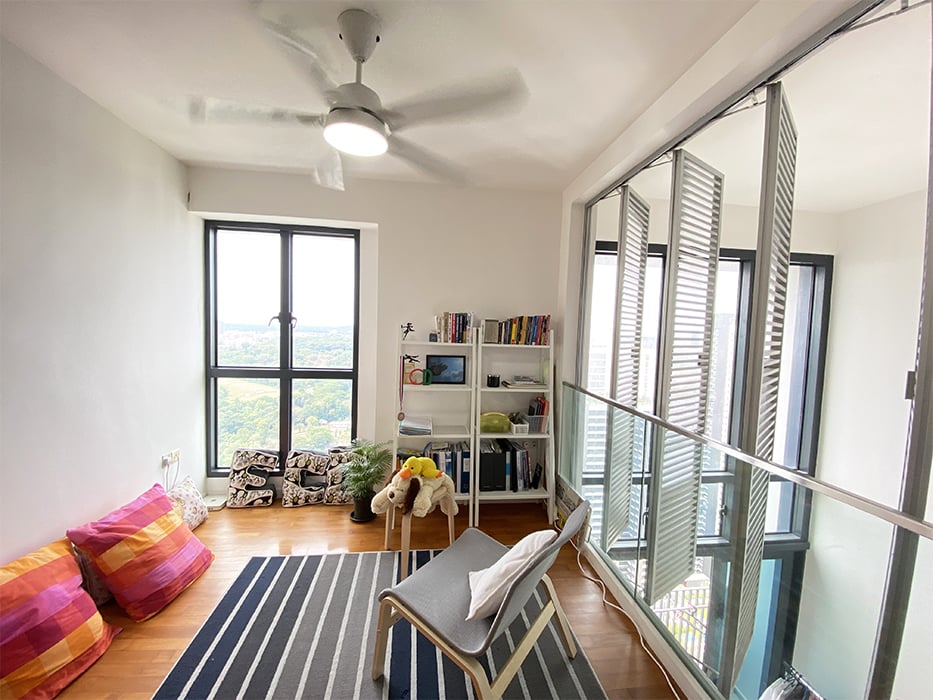UPDATE: 99.co’s affordability calculators are updated in accordance to Dec 2021 Cooling Measures!
In the wee hours of 11.45 pm on Wednesday (Dec 15), the government dropped the news of a fresh round of cooling measures slated to take effect from Thursday (Dec 16).
The Additional Buyer’s Stamp Duty rates were raised by 5% to 15%, the Total Debt Servicing Ratio threshold was tightened to 55%, and the Loan-to-Value limit for HDB loans was lowered to 85%.
How will the new cooling measures impact the property market?
Higher ABSD
The new cooling measures introduced a heavy-handed increase of Additional Buyer’s Stamp Duties (ABSD) for non-entities by about 5% to 15%. This is a much steeper increase compared to previous rounds of 5% to 10% increments in the 2013 and 2018 cooling rounds.
| Types of Buyers | ABSD from 8 December 2011 – 11 January 2013 | ABSD from 12 January 2013 – 5 July 2018 | ABSD from 6 July 2018 – 15 December 2021 | ABSD on or after 16 December 2021 | |
| Singapore Citizens | First residential property | 0% | 0% | 0% | 0% |
| Second residential property | 0% | 7% (+7%) | 12% (+5%) | 17% (+5%) | |
| Third and subsequent residential property | 3% (+3%) | 10% (+7%) | 15% (+5%) | 25% (+10%) | |
| Permanent Residents | First residential property | 0% | 5% (+5%) | 5% (unchanged) | 5% (unchanged) |
| Second residential property | 3% (+3%) | 10% (+7%) | 15% (+5%) | 25% (+10%) | |
| Third and subsequent residential property | 3% (+3%) | 10% (+7%) | 15% (+5%) | 30% (+15%) | |
| Foreigners | Any residential property | 10% (+10%) | 15% (+5%) | 20% (+5%) | 30% (+10%) |
| Entities | Any residential property | 10% (+10%) | 15% (+5%) | 25% (Plus additional 5% for housing developers (non-remittable)) (+15%) | 35% (Plus additional 5% for housing developers (non-remittable)) (+15%) |
For purchases made jointly by two or more parties of different profiles, the highest applicable ABSD rate will apply. To find out more about ABSD, read our breakdown here.
With this increase, Pow Ying Khuan, Head of Research at 99 Group, predicts a pullback in foreign demand for properties, with the ABSD for foreigners being increased by 10% to hit a whopping 30%.
Kelvin Fong, Executive Director at Propnex, feels the same way. According to Kelvin, “With the new set of cooling measures, activities will have a slowdown but the biggest impact will be Core Central Region (CCR) where foreigners will have holdback due to ABSD.”
Advertisement
In 2021, it commanded a higher foreign demand of private non-landed purchases, leading with 9%, as compared to 4% in the Rest of Central Region (RCR) and 2% in the Outside Central Region (OCR).
We further illustrate the impact of the ABSD hike in the chart below, which takes the median price of a resale condo at $1.275 mil in 2021YTD.
| Types of Buyers | ABSD from 6 July 2018 to 15 December 2021 | ABSD on or after 16 December 2021 | Additional ABSD in SGD | |
| Singapore Citizens | First residential property | 0% | 0% | S$0 |
| Second residential property | 12% | 17% (+%5) | S$63,750 | |
| Third and subsequent residential property | 15% | 25% (+%10) | S$127, 500 | |
| Permanent Residents | First residential property | 5% | 5% | S$0 |
| Second residential property | 15% | 25% (+10%) | S$127,500 | |
| Third and subsequent residential property | 15% | 30% (+15%) | S$191,250 | |
| Foreigners | Any residential property | 20% | 30% (+10%) | S$127,500 |
“Given that majority (>90%) of the private residential buyers are locals and PRs, who for the past few years who usually choose the OCR and RCR regions due to their relative affordability, the impact from this round of cooling measures may be more keenly felt by overseas buyers who traditionally prefer the prime districts, CCR home sellers and developers with significant stock in CCR,” says Pow.
The 10% hike in ABSD will force potential buyers eyeing their second property as an investment piece to think again.
On the other hand, Kevin Lim, Chief Agency Director of ERA and Founder of Preeminent Group, believes “foreigners buying properties in Singapore are not newbies, but seasoned investors. They chose Singapore for many reasons ranging from safety, education and political stability. To these foreigners, getting a property is part of their wealth preservation plan. Even with the 30% increase, it merely puts Singapore on par with Hong Kong.”
Advertisement
Impact on first-time home buyers
Most industry experts, when spoken to, felt that the average homebuyer has nothing to worry about. Singapore citizens and permanent residents purchasing their first residential property remain unaffected as their ABSD rates remain the same at 0%.
According to Pow, “The main objective of the new cooling measures is to dampen the upward momentum in the residential market preemptively, without affecting genuine local homebuyers.”
Simon Yio, Chief Operating Officer of OrangeTee & Tie, foresees, “the demand should still be strong for Singaporean upgraders or first-time buyers.” He believes “there are already ongoing solutions from the previous rounds of cooling measures in 2018” and while it is possible to see a short term dip, demand should still remain robust.
Rex Tan, Executive Group District Director, Huttons Asia, mirrors this sentiment. According to Rex, “foreigners purchasing properties only consists of less than 5% of private transactions in 2021. Hence, we do not expect this implementation to rock the boat.”
This also means that chances are low for prices to drop as genuine homebuyers who are largely unaffected still make up the bulk of property demand.
Tighter TDSR
The Total Debt Servicing Ratio (TDSR) threshold was tightened by 5% to 55%, down from the previous 60%. This means the monthly loan repayments of borrowers cannot exceed 55% of their monthly income.
Borrowers with existing property loans granted before Dec 16 will not be affected by the revised TDSR threshold when refinancing their loans, according to the authorities.
With the hike in ABSD coupled with the tightening of TDSR, investor demand is expected to experience a significant dive. This is attributed to potentially higher capital costs and tighter financing conditions.
This might be a pre-emptive move by the government to lower the ability of homebuyers to obtain a bigger loan, thus encouraging them to be prudent with their finances. With the TDSR being tightened, it ensures that households will not be over-leveraged and financially stretched in the event that interest rates increase.
Most experts don’t see a huge impact of this on the majority of property buyers. Kelvin Fong feels that “the market price in today’s market is still strong and considered affordable. Looking back at 2018’s cooling measures during the pandemic then, its impact to property prices was only 1% before rebounding back.”
Kevin Lim further shares that he sees “low potential in its impact to home buyers, as most buyers are conservative and do not max out their TDSR.” Even with the decrease in TDSR, many who have been planning for their properties will still be able to go ahead with their purchase.
What does this mean for developers?
There is significant added pressure for developers, with the increase in ABSD for entities from 30% (25% remissible + 5% non-remissible) to 40% (35% remissible + 5% non-remissible).
If you’re wondering what this means, it means developers will need to pay ABSD of 40% on the land price – 35% of which they can get back if they sell off all units within a 5 year period.
With the new 35% ABSD rate, developers face higher risks when bidding for land as they are required to complete and sell all units within the 5-year deadline in order to meet the stringent requirements for ABSD remission. As a result, developers may exercise more caution when planning to execute new projects, especially those of a larger scale.
That being said, most developers already strategise their launches to ensure a remissible tax. This means developers who have refined this strategy will most likely not be impacted much by this.
“Developers still have to bid at a reasonable price for land. If they don’t bid for land, they will have no property to sell, and there’ll be no margin for the company. It’ll be hard for them to answer to their shareholders.” states Kelvin Fong.
Kevin Lim feels that developers may now be more prudent when it comes to raising their prices. The increased penalty means they have more to lose, but as they expect demand to still remain robust, it is highly unlikely that prices would fall.
Advertisement
Too early to tell the impact
Pow thinks prospective buyers may adopt a wait-and-see approach to reassess their buying decisions and observe any changes in market conditions before making a move.
“As a result, at least for the next three to six months, we would expect a more muted market in terms of transaction activities. We are, however, not convinced that there will be significant price corrections in the housing market, even as we keep an eye out on other risks such as any surprise rate hikes.
All in all, we expect private residential prices to stabilise around current levels, as asking prices might remain sticky, with a view that transaction volumes might experience some slowdown at least for the next few quarters.”
Kelvin Fong echoes the same sentiments, stating, “Buyers can still purchase properties for reasonable prices because sellers will be cautious and stable and won’t increase the prices without reason.
This is a window of opportunity for many buyers. They should take advantage of this market and observe what price they can buy in at. Any owners looking to sell their property may not be looking to increase the price due to the new measures.”
–
Calculating affordability with the new 2021 cooling measures in place
99.co has updated our affordability calculator with the new cooling measure rules. Feel free to enter different aspects about yourself and/or your partner/spouse (single owner or joint owner) and highlight your profiles – Singaporean, Singapore Permanent Resident (SPR), foreigner or entities.
Input information like the number of properties each of you already own, respective monthly income, current debt and expenses and the type of property you’re purchasing. You can also input the tenure and interest rate of the property.



